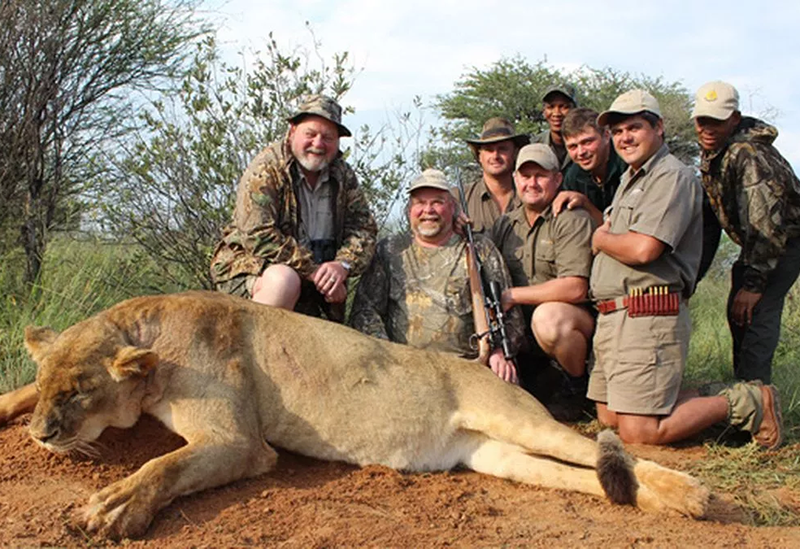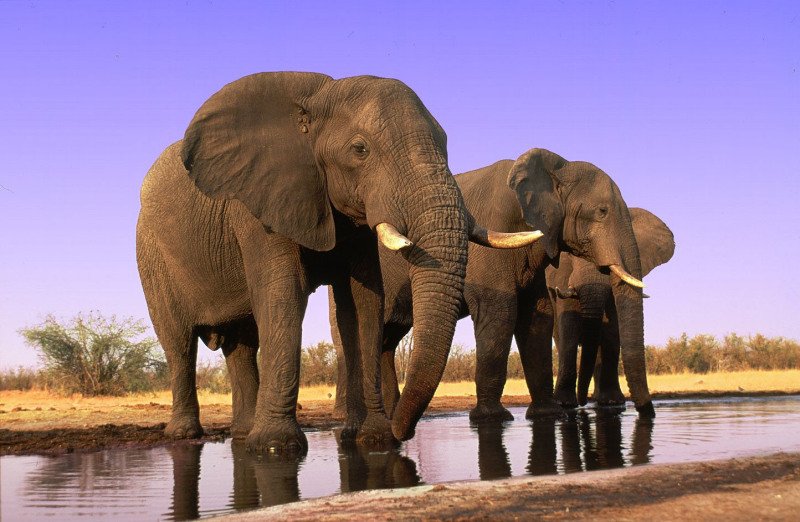- Featured
- No Comment
HIGH STAKES FIGHT: Botswana, Zimbabwe urge UK legislators to reject anti-hunting law

By APA News
In a high-stakes battle over wildlife conservation, Botswana and Zimbabwe have lobbied British legislators against passing a proposed law that seeks to ban the importation of hunting trophies from various animal species.
Botswana’s Environment and Tourism Minister Dumezweni Mthimkhulu addressed British legislators at the House of Commons on Monday to lobby against the impending Hunting Trophies (Import Prohibition) Bill currently under consideration in the British Parliament.
The proposed legislation, which goes for a second reading later this month, seeks to ban the importation of hunting trophies from various species covered by the Convention on International Trade in Endangered Species of Wild Fauna and Flora (CITES).
If passed, the proposed legislation would significantly impact the trade in animal trophies, affecting both hunters and conservationists.
In his address, Mthimkhulu passionately defended Botswana’s track record in wildlife conservation.
“He said Botswana was one of the most successful countries in the world in terms of wildlife conservation and had managed to keep increasing the numbers of wildlife across all species,” the Botswana government said in a statement on Tuesday.
The minister urged British legislators to consider the rural communities that coexist with the wild animals, noting that trophy hunting provides vital income and sustenance for the people who live in these areas.

A blanket ban on hunting trophies would, therefore, have severe repercussions for their livelihoods, he warned.
Trophy hunting is the practice of killing large animals such as elephants, lions and tigers for sport. Hunters often keep the heads or other parts of the animals for display.
Botswana has the world’s largest elephant population at more than 130,000 and the giant animals are often in conflict with humans.
The minister was joined by other influential Botswana voices, including traditional chiefs from some of the areas affected by human-wildlife conflicts and civil society representatives.
They highlighted the delicate balance between conservation efforts and community well-being.
Zimbabwe Parks and Wildlife Management Authority director of international conservation affairs Patience Gandiwa also told the British legislators that her country shared similar concerns about the potential impact on local communities and wildlife management.
She argued that the proposed law would have far-reaching negative consequences on wildlife populations, exacerbate human-wildlife conflicts, undermine conservation efforts, and impact the livelihoods and well-being of communities residing in wildlife areas.
The lobbying by the southern African neighbours aim to find a middle ground that safeguards both species and livelihoods.
